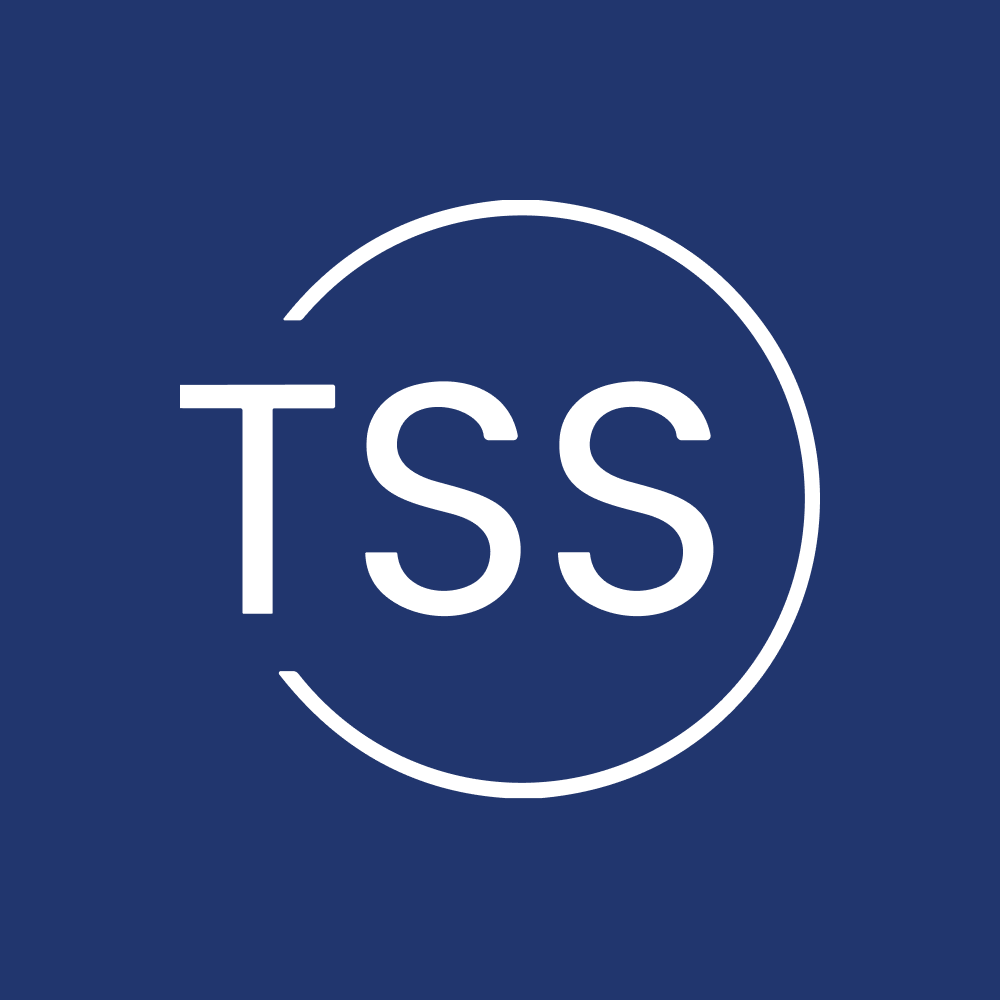Advertisement|Remove ads.
Jensen Huang Warns China Just 'Nanoseconds' Behind US In AI Race After $85B Nvidia Selloff

- In an FT interview, Huang highlighted new AI regulations in the U.S., which in turn can spawn "50 new regulations.
- He also called upon Western nations to shed off "cynicism" while it comes to their AI pursuits.
- Trump said in a media appearance that Nvidia's high-performance Blackwell AI chip will not be shared with other nations.
Nvidia CEO Jensen Huang struck a more cautious tone on China's artificial intelligence (AI) capabilities amid ongoing regulatory restrictions, after the chipmaker's stock slipped in late-afternoon trading Wednesday, bucking the broader market rebound.
Nvidia's stock ended Wednesday's session down 1.75% after comfortably hovering above the unchanged line for much of the session, while the S&P 500 and Nasdaq Composite advanced 0.37% and 0.65%, respectively. The company's market capitalization fell to $4.76 trillion from $4.84 trillion.
Huang Clarifies
In a statement shared on Nvidia's Newsroom handle on X, the Nvidia CEO said, "As I have long said, China is nanoseconds behind America in AI. It's vital that America wins by racing ahead and winning developers worldwide."
It all started when the Financial Times carried a story headlined "Nvidia's Jensen Huang Says China Will Win AI Race With US" based on an exclusive interview with him on the sidelines of the publication's AI summit.
Huang lamented that the West, including the U.S. and U.K., was being held back by "cynicism," adding that "We need more optimism." To make his case, he highlighted the new AI regulations in the U.S., which, in turn, could spawn "50 new regulations." In contrast, he noted that energy subsidies in China have made power more affordable for tech companies.
Why It's Important
President Donald Trump, whose administration has further restricted AI chip exports to China, has repeatedly maintained that the U.S. holds the pole position in the AI race. As recently as this Sunday, while appearing on CBS's "60 Minutes," Trump said the U.S. wouldn't allow Nvidia to sell its most advanced, high-performance computing Blackwell chip to China.
"The most advanced, we will not let anybody have them other than the United States." He also claimed that the U.S. is winning the AI race, and allowing other countries access to high-performance AI chips, such as Nvidia's Blackwell, would give them an "equal" advantage.
Nvidia and AMD once derived sizeable revenue from China, selling these chips to the country. After the Biden administration imposed curbs, these companies developed workarounds, such as Nvidia H20 and AMD MI308, with stepped-down performance to sidestep the ban. The Trump administration has since then restricted the exports of these chips. The outlook provided by both Nvidia and AMD now excludes contributions from Chinese AI chips.
Huang hasn't been one to mince words and has warned on multiple occasions that ignoring China in the grand scheme of AI would be a detrimental approach. During Nvidia's second-quarter earnings call in late August, Huang stated that the Chinese market represents a $50 billion opportunity for the company this year, provided it addresses it with competitive offerings. More importantly, he expects the market to grow at a 50% annual pace, and about 50% of the world's AI researchers are in China.
For updates and corrections, email newsroom[at]stocktwits[dot]com.













/filters:format(webp)https://news.stocktwits-cdn.com/large_Getty_Images_2254648547_jpg_a843db78b6.webp)
/filters:format(webp)https://news.stocktwits-cdn.com/Anushka_Basu_make_me_smile_in_the_picture_b92832aa_af59_4141_aacc_4180d2241ba8_1_2_png_1086e0ed8c.webp)
/filters:format(webp)https://news.stocktwits-cdn.com/large_Getty_Images_1000648682_jpg_6aa61e3574.webp)
/filters:format(webp)https://news.stocktwits-cdn.com/large_Getty_Images_2259602028_jpg_5b1a490e64.webp)
/filters:format(webp)https://news.stocktwits-cdn.com/large_Getty_Images_2259775985_jpg_a06a1e88c3.webp)
/filters:format(webp)https://news.stocktwits-cdn.com/large_dogecoin_OG_2_jpg_304df31f25.webp)
/filters:format(webp)https://news.stocktwits-cdn.com/large_vitalik_buterin_OG_jpg_7ac8ea93fe.webp)